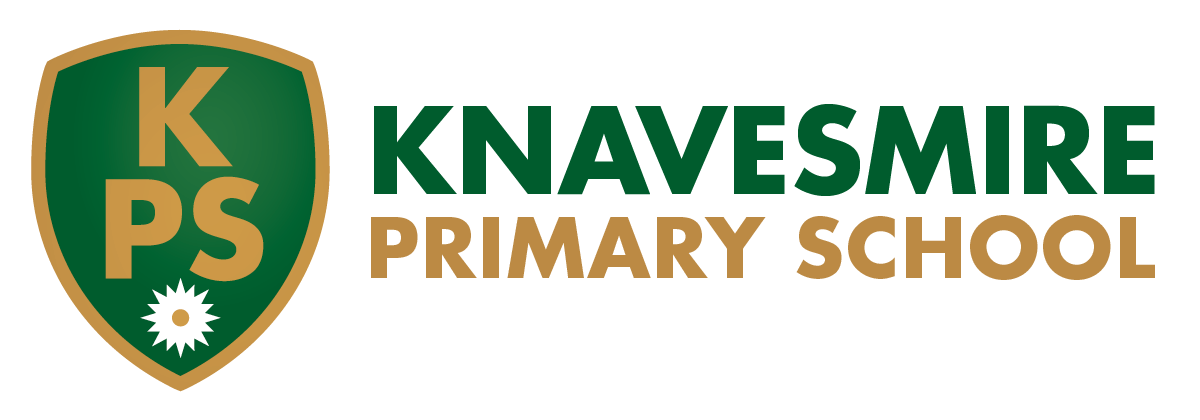Reading
At Knavesmire, reading is the cornerstone of everything we do throughout school. Learning to read fluently is a fundamental part of a child’s education in order to confidently access all areas of learning and prepare them for the next stage in their life. We aim to teach the children the skills to enable them to read well, but also aim to instil in them a love of reading and a passion for exploring a range of books. When you walk around Knavesmire you will see a love and excitement for reading through displays, classroom areas and talking to our wonderful children!
Learning to read begins with a systematic approach to the teaching of phonics, which continues through Reception into Key Stage One. We use the Little Wandle Letters and Sounds Revised resource to guide our Phonics sessions and all staff throughout school have had training in the new Little Wandle programme. We hold an annual introductory Phonics evening for Reception parents, together with a range of phonics workshops, to illustrate first-hand how children are taught to read and write in the early years of school.
Children at Knavesmire are exposed to quality texts from EYFS and across the school, which both stimulate and assist the children to read. Each day, ALL class teachers throughout school share and read whole-class texts (fiction and non-fiction) that promote a love and engagement in reading.
Reading for pleasure is a whole-school priority here at Knavesmire and we are committed to building a whole school community that loves reading. Therefore at Knavesmire, children are given ownership and choice over what they read. Each child has access to our outstanding and stimulating school library where they can choose a high quality ‘reading for pleasure’ book. Children have full access to our ‘Knavesmire 99’ , a list of 99 core texts to read by the time they leave in Year 6, which have been hand selected by our teaching staff. Along with their choice text, children in EYFS and KS1 and where appropriate KS2, children use banded books to build their confidence in ‘decoding’ and high frequency words.
Reading practice takes many forms: individual reading to an adult; individual reading followed by an activity (supported by reading reviews); paired reading with another child in another year group (Reading Buddies); listening to class stories read by the teacher; Guided Reading in small groups with a teacher or teaching assistant in EY and Key Stage 1, and Whole class Guided Reading in Key Stage 2.
Reading is set as regular homework, and Electronic Reading Records as well as Reading Record books are used to enable parents and teachers to record progress made, thus facilitating the transfer of information between home and school. There is a range of extensive Storysacks in the school library for school and home use during the Early Years. Book Buddies (parents, students and volunteers from other professions) support school by giving children extra practice at becoming proficient readers.
World Book Day and National Poetry Day are also celebrated annually using a range of enrichment activities that aspire to promote a lifelong love of reading. The school has the luxury of an extremely well-resourced library which is timetabled for weekly class use, used by individuals and groups in lessons time, accessed by pupils over lunchtime, and open to pupils and parents after school.


